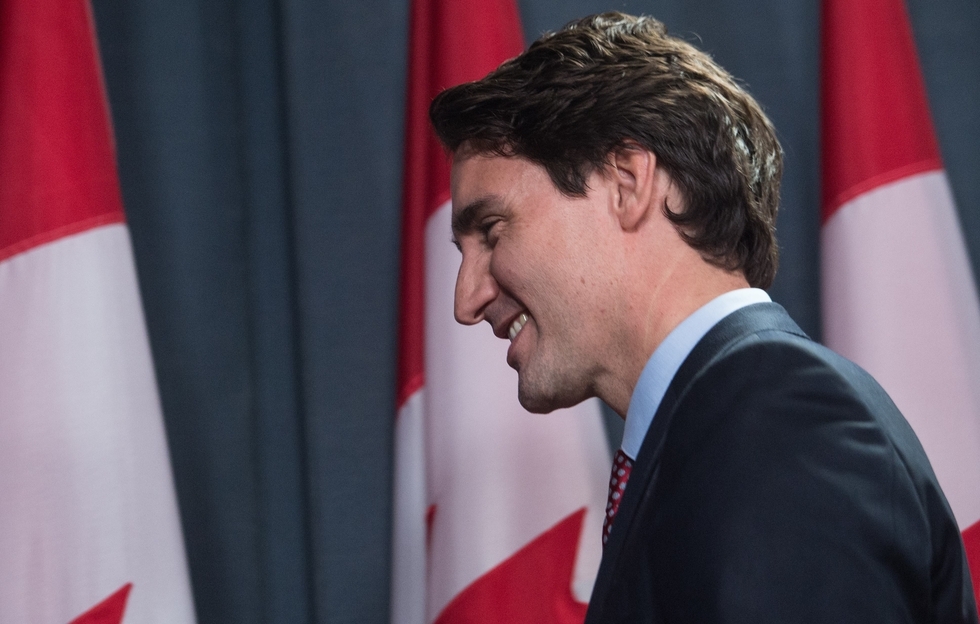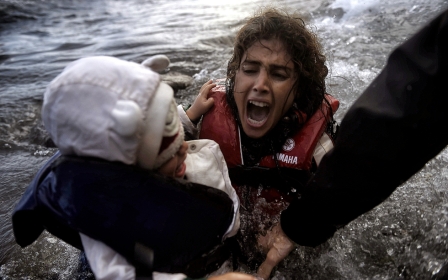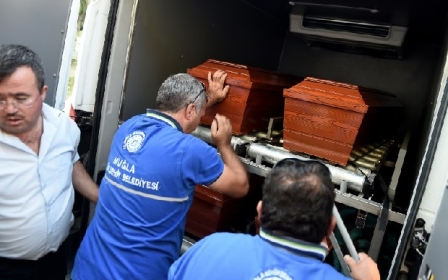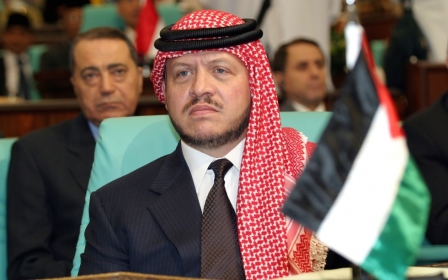Canada withdrawing fighter jets from Iraq, Syria: Trudeau

Canada's prime minister-elect Justin Trudeau said on Tuesday that he told US President Barack Obama that Canadian fighter jets would withdraw from fighting the Islamic State (IS) group in Iraq and Syria.
"About an hour ago I spoke with President Obama," Trudeau told a press conference.
While Canada remains "a strong member of the coalition against [IS]," Trudeau said he made clear to the US leader "the commitments I have made around ending the combat mission".
But he gave no timeline as to when the withdrawal would take place.
Canada last year deployed CF-18 fighter jets to the region, originally planning to keep them there until March 2016, as well as about 70 special forces troops to train Kurds in northern Iraq.
During the campaign, Trudeau pledged to bring home the fighter jets and end Canada's combat mission against IS. But he has vowed to keep humanitarian aid and military trainers in place.
His new Liberal government will be "moving forward with our campaign commitments in a responsible fashion," Trudeau said.
"We want to ensure that the transition is done in an orderly fashion."
Trudeau's Liberal Party on Monday won a decisive victory in a general election that ended nearly a decade of Prime Minister Stephen Harper's Tory rule.
Harper's government has been criticised by some Canadians for its participation in air strikes against IS.
Middle East Eye columnist Mersiha Gadzo earlier this month lamented that "bombing Islamic State for a year will cost Canada half a billion dollars".
"When it comes to invading and bombing countries, Western countries are ready to spend billions," Gadzo wrote. "But when it comes to helping refugees flee from those same countries, they look away, their deep pockets having suddenly shrunk."
"Such is the case for Canada," she said.
Middle East Eye propose une couverture et une analyse indépendantes et incomparables du Moyen-Orient, de l’Afrique du Nord et d’autres régions du monde. Pour en savoir plus sur la reprise de ce contenu et les frais qui s’appliquent, veuillez remplir ce formulaire [en anglais]. Pour en savoir plus sur MEE, cliquez ici [en anglais].




